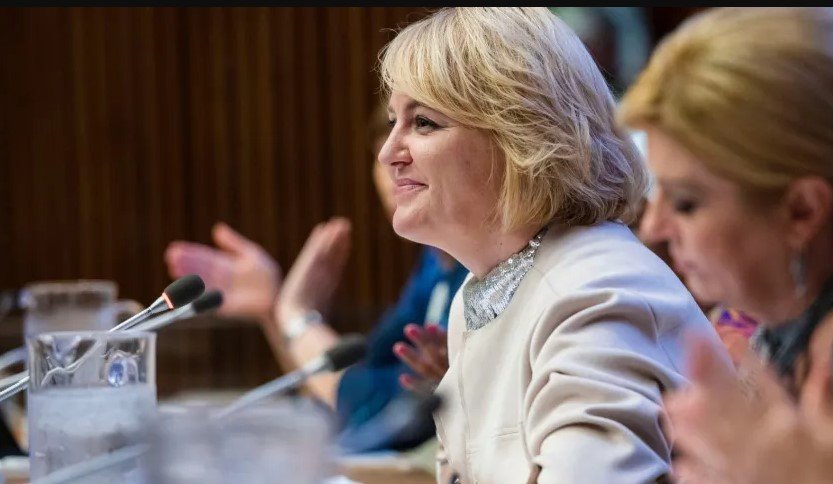The political landscape is often a reflection of the society it represents, and the inclusion of diverse voices within it is crucial for a well-rounded governance. Gender quotas in political parties’ candidate lists have been a subject of debate across the globe, with opinions divided on their necessity and effectiveness.
The Essence of Equality
Gender quotas have been instituted in various countries as a means to ensure that women are not only present but have a significant voice in the political process. Proponents argue that such measures are necessary to overcome historical and systemic barriers that have prevented women from participating fully in politics.

The argument for gender quotas is rooted in the pursuit of equality. It’s not just about having women in politics; it’s about ensuring they have a fair chance to influence policy and decision-making. This perspective sees quotas as a temporary but necessary step towards true gender parity.
The Counterargument
However, there is a growing sentiment that gender quotas may not be the best approach to achieving genuine equality. Critics suggest that merit should be the sole criterion for political candidacy and that quotas can sometimes lead to tokenism rather than substantive representation.
The debate intensifies when considering the potential for quotas to inadvertently reinforce stereotypes. There is a concern that by focusing on numbers, we may overlook the importance of the quality of representation and the diverse perspectives that individuals bring to the table, regardless of gender.
Looking Ahead
As the world evolves, so does the conversation around gender quotas. Some suggest that a more nuanced approach, one that fosters an environment conducive to the participation of all genders without rigid quotas, may be the way forward.
The future of gender quotas in politics remains uncertain, but what is clear is the need for ongoing dialogue and a commitment to creating a political arena that truly reflects the diversity of the populace it serves.
